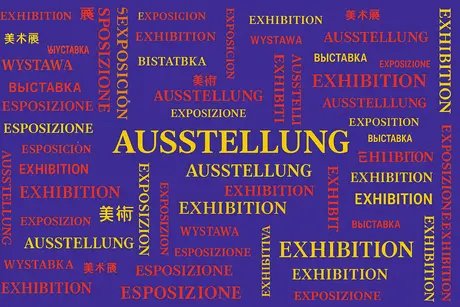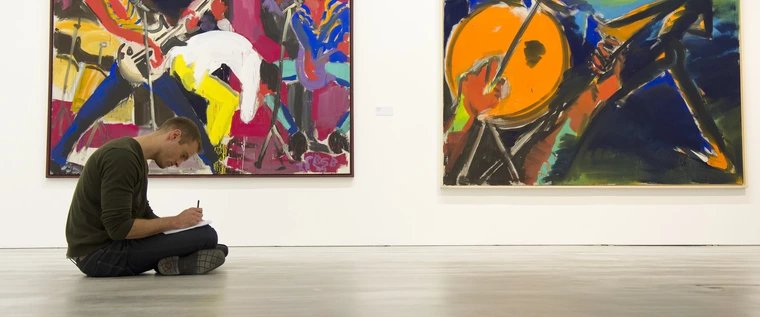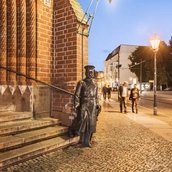
Connected struggles of Roma and Sinti after 1945
German society and politics ignored the Samudaripen, the Nazi genocide of Roma and Sinti in Europe, for a long time and sometimes even actively suppressed a reappraisal of the discrimination, persecution and murder.
Until the 1980s, Roma and Sinti in the Federal Republic of Germany were recorded using the same racist methods and the same files and categories that were used during and before National Socialism. In many cases, survivors and their families were denied compensation and guilt was openly reversed.
Rom*nja and Sinti*zze united and defended themselves against this "second persecution". After the first Roma World Congress in 1971 and the associated strengthening of a transnational Rom*nja movement, survivors and descendants also increasingly gained public visibility in associations and societies in what was then West Germany. With occupations of former concentration camps, hunger strikes and demonstrations, they fought for access to the files and began to come to terms with the persecution and continuities after 1945 - despite resistance from political actors.
The movement achieved official political recognition of the genocide in 1982. However, to this day, the German state has not carried out a comprehensive reappraisal and has not adequately compensated many survivors and descendants. In the 1990s, as a result of the flight of many Roma from south-eastern European countries, the focus of their concerns expanded.
The fight was now directed against deportations and ongoing discrimination and aimed to secure the right to stay for Roma. The fight for appropriate remembrance also continues. The memorial to the Sinti and Roma of Europe murdered under National Socialism in Berlin, which was fought for over many years, is currently to be altered by construction plans by Deutsche Bahn. These construction plans were decided without the broad involvement of the communities.
On the 80th anniversary of the capitulation of the Nazi regime, the Romani feminist self-organization RomaniPhen e.V. and the FHXB Friedrichshain-Kreuzberg Museum are creating an exhibition that deals with the struggles of Roma and Sinti*zze to come to terms with, recognize and remember after 1945.
The exhibition project focuses on the knowledge and experiences of people who have fought and continue to fight to come to terms with the history and rights of Roma and Sinti. The cooperation partners are thus focusing on the civil society struggles for a consistent reappraisal and democratic culture of remembrance of National Socialism.


